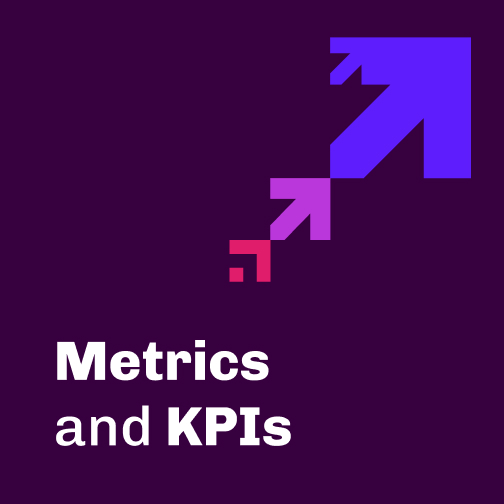Student Outcomes Statement and Graduate Attributes
Policy Statement
The School is committed to equipping all students with a unique set of outcomes and attributes that foster personal growth, professional success, and civic responsibility. This policy underpins our curriculum and teaching approach, aiming to develop graduates who are knowledgeable, skilled, and ethical, prepared to make meaningful contributions to society and their chosen fields.
Principles
- Excellence: Inspiring students to achieve the highest standards of academic and personal excellence.
- Critical Thinking: Cultivating the ability to think critically and solve complex problems.
- Knowledge: Instilling depth and breadth of knowledge across disciplines.
- Ethical Awareness: Embedding a strong sense of ethics and social responsibility.
- Global Citizenship: Preparing students to be informed and engaged global citizens.
- Leadership: Encouraging qualities of leadership and collaborative skills.
- Lifelong Learning: Fostering a commitment to continuous personal and professional development.
- Adaptability: Equipping students to be adaptable and resilient in a rapidly changing world.
- Communication: Enhancing effective communication skills, both written and oral.
- Creativity: Nurturing creativity and innovation.
- Professionalism: Promoting professionalism and a readiness for the workplace.
- Diversity: Valuing diversity and inclusivity as fundamental to a rich learning environment.
Regulatory Context
This Policy has been developed in line with the applicable laws, regulations, regulatory advice, and sector best practices, including the following:
| Authority | Name | Url |
|---|---|---|
| UK Government |
Higher Education and Research Act 2017 (HERA)
A UK legislation that reformed the higher education and research sector, particularly by establishing the Office for Students and UK Research and Innovation. |
Redirect |
| UK Government |
Equality Act 2010
Equalities law to prohibit harassment and victimisation, and eliminate discrimination, including in the area of further and higher education, particularly with regards to specified personal characteristics. |
Redirect |
| Quality Assurance Agency (QAA) |
The Quality Code
This code represents a shared understanding of quality practice across the UK higher education sector, protecting public and student interests and championing the UK's reputation for quality. |
Redirect |
| Quality Assurance Agency (QAA) |
Advice - Enabling Student Achievement
|
Redirect |
| Quality Assurance Agency (QAA) |
Advice - Student Engagement
Guidance on student engagement in higher education, focusing on quality assurance and enhancement processes. |
Redirect |
| Office for Students (OfS) |
Sector-recognised standards
The standards set with regards to B5 and B8 of the OfS' conditions of registration for higher education institutions. |
Redirect |
Student Success
At the School, we are committed to ensuring successful outcomes for all students, whether in employment or further study. Our undergraduate and postgraduate programmes are crafted to provide the knowledge, skills, and experience needed for success in their fields and meaningful societal contributions.
These measures ensure that students are well-prepared for their future careers or further studies, reflecting our dedication to providing a comprehensive education that meets industry standards and supports individual goals. By working closely with employers, supporting postgraduate ambitions, and valuing diversity, we enhance student success and contribute positively to society. |
Graduate Attributes
We are committed to developing graduates who excel in their chosen careers by fostering a culture of independent learning, critical thinking, and enterprise. Our aim is to cultivate graduates who are:
We provide tailored learning and development opportunities to help students develop these attributes and realise their leadership potential, preparing them for success in their careers and broader life. By focusing on these attributes, we ensure that our graduates are well-equipped to meet the demands of top employers and thrive in diverse professional settings. Our approach aims to create articulate, creative, and self-motivated individuals ready to lead and excel in their fields. |
The following metrics will be measured and regularly reviewed as key performance indicators for the School to ensure the effectiveness of this policy and associated operations.

Graduate Employment Rate
Measure the percentage of graduates employed in their field of study within six months of graduation. Target: 85% or higher. Indicates the effectiveness of the curriculum in preparing students for the workforce, demonstrating the relevance and applicability of the education provided. |
Graduation Rate
Track the percentage of students who complete their programme within the expected time frame. 80% or higher within the standard duration. Reflects the institution’s ability to support students through to completion and the quality of the educational experience provided. |
Student Attendance Rate
Track the average attendance rate of students in lectures, seminars, and tutorials. Target: Achieve a minimum attendance rate of 85% across all courses. High attendance is a strong indicator of student engagement and commitment to their studies. Consistent participation in classes is crucial for academic success and learning outcomes. |
Student Engagement in Extra-Curricular Activities
Track the percentage of students actively involved in extra-curricular activities, including clubs and societies. 60% of students participating. Encourages a well-rounded education and development of soft skills essential for personal and professional growth. |
